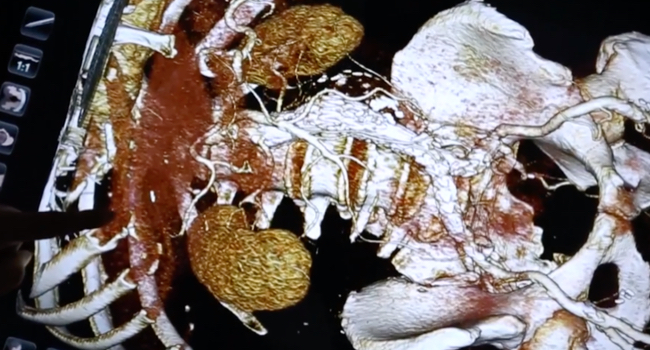Are Doctors Throwing Away Potential Donor Kidneys?
By Amy Norton
HealthDay Reporter
THURSDAY, Jan. 16, 2020 (HealthDay News) — Many of the donor kidneys that are discarded each year in the United States could instead be effectively transplanted, a large new study suggests.
At issue are kidneys from deceased donors that are acutely injured. Right now in the United States, about 30% of those organs are discarded, rather than being given to patients on transplant waitlists.
But the new study found that donor kidneys with signs of acute injury were no more likely to fail than non-injured kidneys from similar donors.
The findings, recently published online in JAMA Network Open, are based on more than 25,000 U.S. patients who received donor kidneys between 2010 and 2013.
“This is the strongest piece of evidence to date that these [acutely injured] kidneys do just fine,” said senior researcher Dr. Chirag Parikh, director of nephrology at Johns Hopkins University School of Medicine, in Baltimore.
“Acute injury” may sound like an ominous problem. But in the context of organ donation, it is usually a manageable issue, Parikh said.
Often, deceased donors are relatively young people who were treated in the intensive care unit for severe injuries. Their kidney function may be abruptly compromised by, for example, a severe drop in blood pressure or medications used in their care.
“For the most part, it’s reversible, which is why these kidneys do well after transplantation,” Parikh said.
In the United States, nonprofit organ procurement organizations are responsible for evaluating potential donors and coordinating the donation process for a given geographical area. Transplant centers within that area can accept or decline an organ offer, and each hospital has its own criteria when it comes to less-than-perfect donor organs.
There can be a concern that an acute injury will compromise the “lifespan” of a donor kidney, Parikh said, so transplant centers may “play it safe” and wait for a seemingly better offer.
It’s part of a broader “cognitive bias” that it is better to hold out for a higher-quality kidney, agreed Dr. Sumit Mohan, a kidney specialist and associate professor of medicine at Columbia University in New York City.




